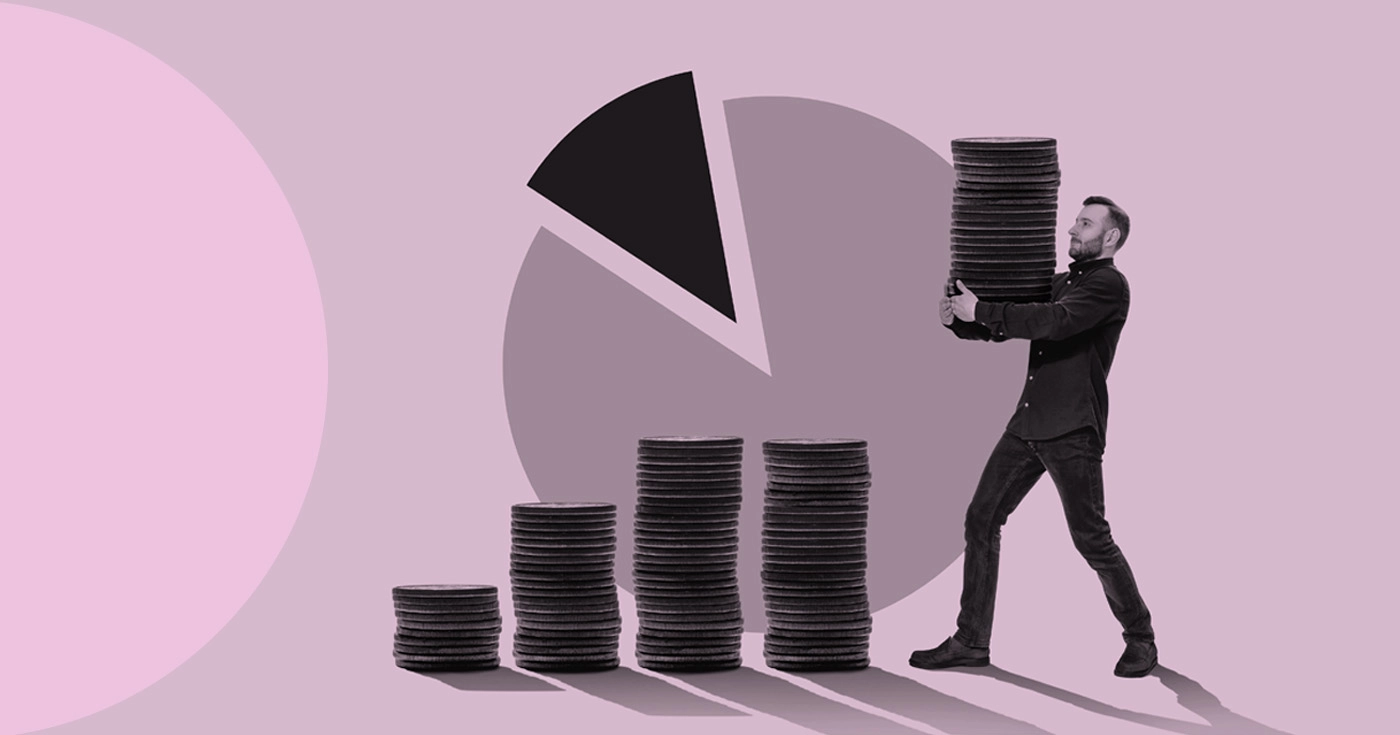
Safe-haven assets
Last Updated on 19 February 2026 by Equipo Urbanitae
When markets get turbulent, not everything moves the same way. Some investments tend to hold up better and can help protect your savings: so-called safe-haven assets such as gold, government bonds, cash, and real estate. In this article, we explain clearly what they are, when they add value, and how to include them.
What are safe-haven assets?
It could be said that there are as many investors as there are degrees of risk tolerance. The most conservative investors value the appeal of safe-haven assets, so called because they tend to protect the value invested in them better than others, especially when things go awry in the markets. Are you familiar with them?
Safe-haven assets are a type of investment expected to preserve or increase their value in times of market volatility. In other words, they are uncorrelated or have low correlation with the market. This occurs, for example, with real estate: when the stock market declines or economic outlooks worsen, assets like real estate tend to remain unaffected.
For all these reasons, safe-haven assets are a strategy to reduce risk in your investments. They are considered safe and reliable, and therefore provide stability and protection to investors in times of crisis. In addition to real estate, common examples of safe-haven assets include precious metals like gold, government bonds, stocks in certain sectors, and even some currencies.
Advantages of safe-haven assets
Specifically, among the reasons to consider investing in safe-haven assets are these:
- Stability in times of volatility: Safe-haven assets are known for their ability to maintain their value even when other markets are experiencing turbulence. This provides investors with a sense of security and protection against extreme fluctuations.
- Portfolio diversification: Including safe-haven assets in an investment portfolio can help diversify risk and improve overall stability. Opposite movements to other financial assets can reduce overall portfolio volatility.
- Preservation of capital: Investors often turn to safe-haven assets as a way to preserve their capital in times of uncertainty. These assets can act as a buffer against the depreciation of other assets during difficult times.
- Long-term growth potential: Although they are primarily considered protective instruments, some, like real estate, also offer long-term growth opportunities. The constant demand for housing and properties can translate into value appreciation over time.
Types of Safe-Haven Assets
You might be surprised to learn that cash is considered a safe-haven asset. The truth is that “cash under the mattress” will always be there, no matter how much the stock market sinks. However, it does not offer any returns or protection against inflation.
So-called defensive stocks are considered a refuge due to the economic sector they represent. The idea is that, no matter how bad things get, people will always demand certain products or services, like food or healthcare products. Stocks of companies in this sector are therefore considered non-cyclical as they better withstand uncertainty.
Gold is another traditional refuge. The main reason is that it tends to be a good store of value, protects well against inflation, and tends to appreciate in times of crisis.
Safe-haven assets table
| Asset | Liquidity | Perceived risk | Inflation hedge | Correlation with equities | Typical ticket size |
|---|---|---|---|---|---|
| Cash | Very high | Low; eroded by inflation | Low | Very low | € |
| AAA/AA government bonds | High | Low–medium (interest-rate risk) | Medium; depends on the coupon | Low–medium | €€ |
| Gold | Medium | Medium | Medium–high over the long term | Low | €€€ |
| Defensive equities | High | Medium | Medium | Medium | €€ |
| Direct real estate | Low–medium | Medium | Medium–high; rents + appreciation | Low–medium | €€€€ |
| Real estate crowdfunding | Medium | Medium | Medium–high* | Low–medium | From €500 |
Real Estate as a Safe Haven
Real estate has historically been considered a safe haven due to its stability and ability to generate passive income through rent. Real estate properties tend to hold their value and, in many cases, appreciate over time, especially in strategic or high-demand locations. Real estate crowdfunding, for example through Urbanitae, combines the main advantages of real estate investment and multiplies diversification capacity, as only 500 euros are needed to invest in a project. Have you tried it yet?
Frequently Asked Questions (FAQs)
Does it make sense to hold cash?
Yes—provided it has a clear purpose. Cash is useful for an emergency fund and to take advantage of opportunities without selling investments at the wrong time. As a practical guideline, covering three to six months of expenses is usually enough for most people; beyond that cushion, it’s generally better to invest, because idle money loses purchasing power to inflation.
Does real estate protect against inflation?
It can help, but it’s neither automatic nor guaranteed. Rents are often reviewed periodically, which can pass some inflation through to income, while asset values tend to adjust over time based on demand and replacement costs. The protection depends heavily on location, asset quality, management, and leverage levels; diversifying across cities and property types helps reduce risk.
What is the best safe-haven asset?
There isn’t a universal “best” one. Instead of looking for a single winner, the sensible approach is to combine several based on your profile and time horizon: a reasonable cash buffer, high-quality bonds for stability, some gold as a diversifier, and real estate exposure for potential income and appreciation. Set target weights and rebalance periodically so your portfolio doesn’t drift away from your plan.

